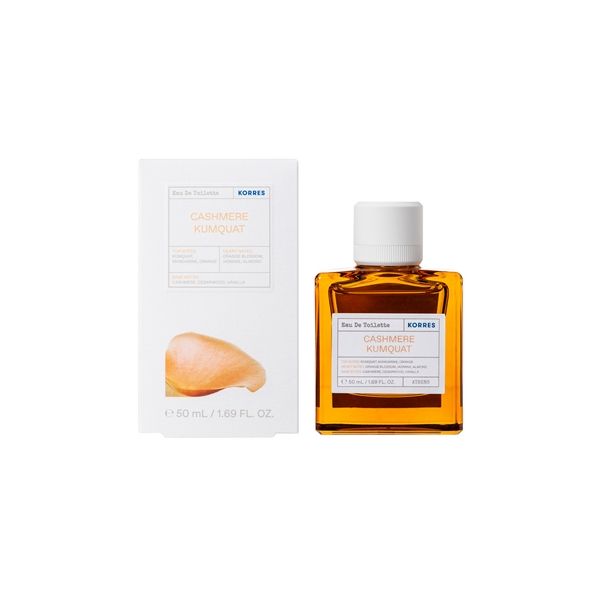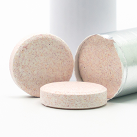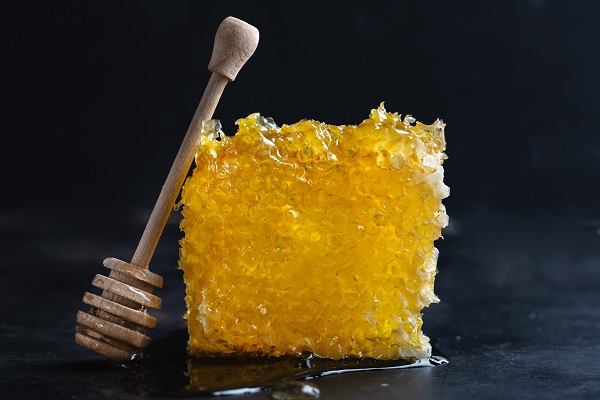Blog
The Beneficial Properties of Propolis
Honey is the most popular product produced by bees, as its valuable properties make it very nutritious for consuming and suitable as an ingredient in many cosmetic products.
Another product bees make is propolis.
Propolis is a sticky substance and its contribution to the creation of the beehive is great as it lays the foundation of the hive. Propolis is produced from the sap of trees that have needles and other evergreen trees. The combination of this juice with the beeswax and the beeswax secretions produces a sticky product in a greenish brown color that is used as a coating to build the hives. Propolis was used thousands of years ago for medicinal purposes, such as to treat abscesses and wounds, to fight infections and speed up the healing process. The composition of propolis varies depending on the area, trees and flowers to which the bees go. Thus propolis from continent to continent, or even from country to country does not have the same composition.
Hundreds of propolis compounds have been identified. Most are forms of polyphenols, the antioxidants that fight free radicals, which are responsible for various diseases and inflammations in the human body. Propolis contains polyphenols, the known flavonoids produced in plants to protect them. Flavonoids are found in foods with antioxidant properties, such as fruits, vegetables, red wine and green tea. According to research, propolis has antibacterial, antiviral, antifungal and anti-inflammatory properties. Despite the progress of research, not all of its action procedures are known yet, but it is certain that propolis provides protection against some bacteria, viruses and fungi.
Propolis as an Ally of the Immune System
As mentioned before, doctors used propolis in the bandages with which they would treat the wounds, as a way to prevent these infections. Propolis has been used as a topical treatment for burns or small wounds on the skin, as it has anti-inflammatory properties. The flavonoids it contains help reduce swelling and irritation. The antifungal properties of propolis make it suitable for the treatment of oral infections. It is also used to treat sores caused by the herpes simplex virus.
But propolis is better known for its contribution to strengthening and protecting the immune system.
According to research, the combination of antibiotics and propolis can fight viral infections. Propolis generally supports the immune system by helping to strengthen the body’s natural defenses and its resistance to infections of all kinds. Propolis stimulates the production and action of macrophage immune cells involved in the defense against pathogenic microorganisms and the development of antibodies.
It is available in the form of dietary supplements and should be taken mainly during the winter months to prevent colds and viruses that the season brings.

 Ελληνικά
Ελληνικά









































